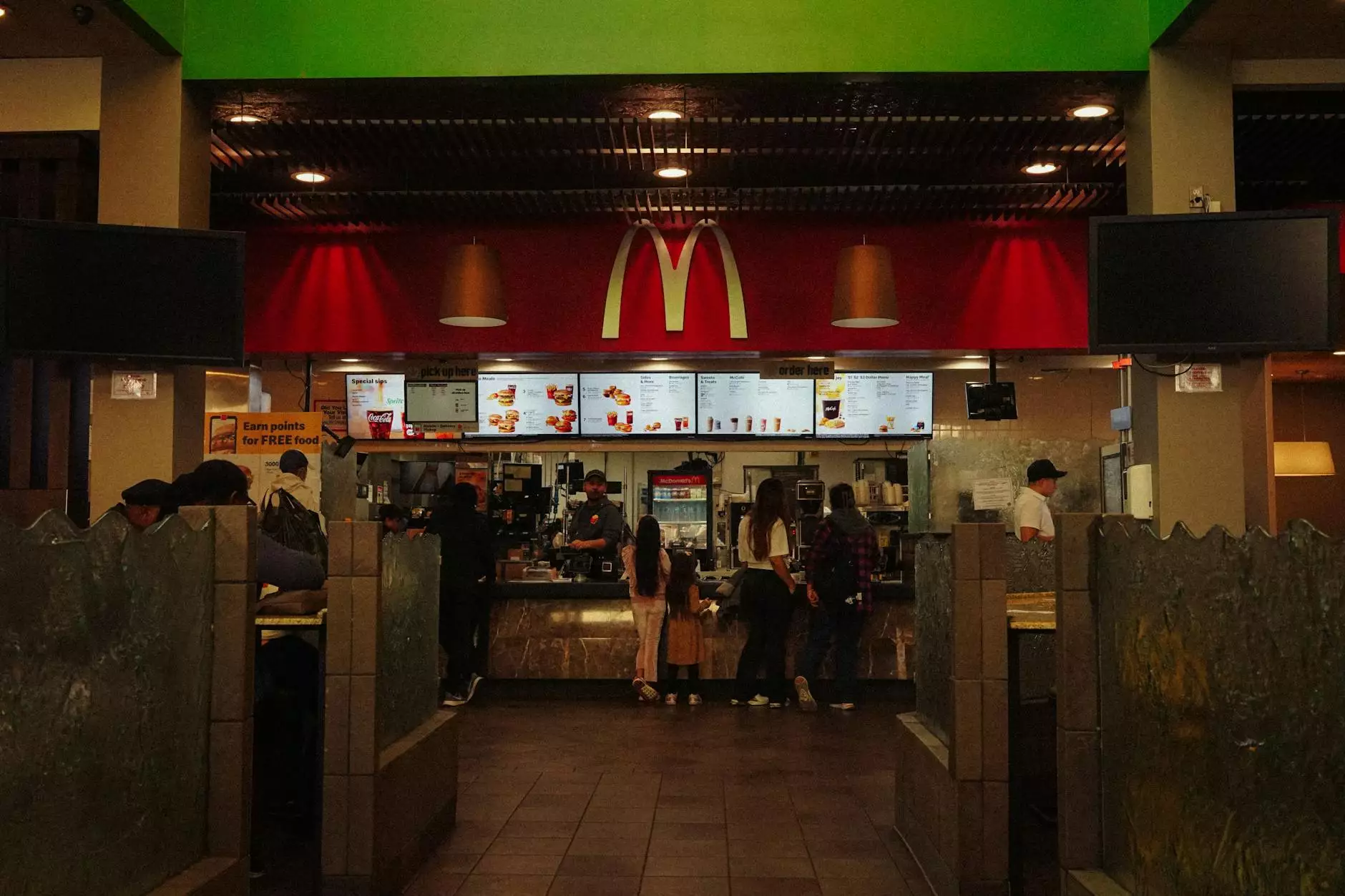Coconut Shell Charcoal Price: Understanding the Market Dynamics

Introduction to Coconut Shell Charcoal
Coconut shell charcoal is a sustainable and eco-friendly product derived from the carbonization of coconut shells. It offers a plethora of benefits, including high adsorption capacity, making it valuable in various industries, from activated carbon production to metallurgy. In recent years, the coconut shell charcoal price has seen significant fluctuations, influenced by factors such as demand, production costs, and market trends.
The Importance of Coconut Shell Charcoal in Various Industries
As a versatile material, coconut shell charcoal finds applications across several sectors:
- Activated Carbon Production: Coconut shell charcoal is often processed into activated carbon, which is utilized in air and water purification systems.
- Metallurgical Industries: It plays a significant role in the production of metals and alloys, acting as a reductant in smelting.
- Food Industry: In the culinary world, coconut shell charcoal is used for grilling and barbecuing, imparting a unique flavor to the food.
- Beauty Products: The cosmetic industry utilizes coconut shell charcoal for its cleansing properties, making it popular in face masks and scrubs.
- Horticulture: It is used as a soil amendment, enhancing soil structure and increasing its moisture-retention capacity.
The Current Market Landscape for Coconut Shell Charcoal
Understanding the coconut shell charcoal price requires diving into the factors affecting its market dynamics. Several key elements contribute to price fluctuations:
1. Raw Material Availability
The availability of raw materials is a primary determinant of pricing. Regions with abundant coconut plantations, such as Southeast Asia and parts of South America, typically see stable prices. As demand rises, limited supply can push prices higher.
2. Production Costs
The cost of production plays a vital role in determining the market price of coconut shell charcoal. Factors influencing production costs include labor, energy, and the technology used in the carbonization process. Higher production efficiency can lead to lower prices for end consumers.
3. Global Demand Trends
The demand for coconut shell charcoal has surged due to its rising applications in various fields. This high demand, coupled with the growing trend toward sustainability, influences its market price. Emerging markets, such as India and China, contribute significantly to this increased demand as they expand their industrial activities.
4. Competition and Market Access
The competitive landscape also affects pricing. Producers delivering higher quality products often command higher prices, creating a tiered market. Access to international markets can either stabilize or inflate prices depending on trade regulations and tariffs.
Factors Affecting Coconut Shell Charcoal Pricing
The coconut shell charcoal price remains sensitive to various influences. Key factors include:
- Geopolitical Tensions: Unrest or political turmoil in coconut-producing regions can disrupt supply chains, causing prices to fluctuate.
- Changing Consumer Preferences: As consumers lean towards eco-friendly and sustainable products, the demand for coconut shell charcoal has seen an upward trajectory.
- Technological Advancements: Innovations in production techniques can decrease costs and stabilize prices.
- Environmental Policies: Legislation promoting sustainable practices can influence demand and, subsequently, prices.
Understanding the Pricing Mechanism
To comprehend the coconut shell charcoal price, it’s important to consider the entire supply chain, from production to end-user pricing. The following are key components of this mechanism:
1. Harvesting and Supply Chain Management
The journey begins with the harvesting of coconut shells. Effective supply chain management ensures that the raw materials are procured at competitive rates, which can lower overall costs.
2. Processing and Quality Control
The processing of coconut shells into charcoal involves rigorous quality control. The better the quality of the coconut shell charcoal, the more value it holds in the market, impacting the price.
3. Distribution and Marketing
Distribution channels play a critical role in pricing. Efficient logistics can reduce transportation costs and ultimately affect the coconut shell charcoal price for consumers.
Market Segmentation of Coconut Shell Charcoal
The coconut shell charcoal market can be segmented into various categories based on factors like application, form, and end-user industry:
- By Application: Activated carbon, fuel, filtration, etc.
- By Form: Powdered, granular, briquettes.
- By End User: Industrial, residential, agricultural.
Future Trends in Coconut Shell Charcoal Pricing
With an increasing focus on sustainability and eco-friendly products, the future of coconut shell charcoal pricing appears promising. The following trends may shape the market:
- Increased Demand for Eco-Friendly Products: As consumers become more conscious of their environmental impact, the demand for coconut shell charcoal is expected to rise.
- Technological Innovations: Advancements in charcoal production technology are likely to improve efficiency and reduce costs.
- Global Market Expansion: Emerging markets are anticipated to contribute to increased demand and potentially stabilize prices.
Conclusion
In conclusion, coconut shell charcoal price is influenced by various factors, including supply and demand, production costs, and market dynamics. As industries both globally and locally continue to embrace sustainable practices, the importance of coconut shell charcoal will likely grow, driving prices and demand higher. For timber merchants and wood suppliers like starytimbersro.com, understanding this market trend is essential for staying competitive and meeting consumer needs effectively.









